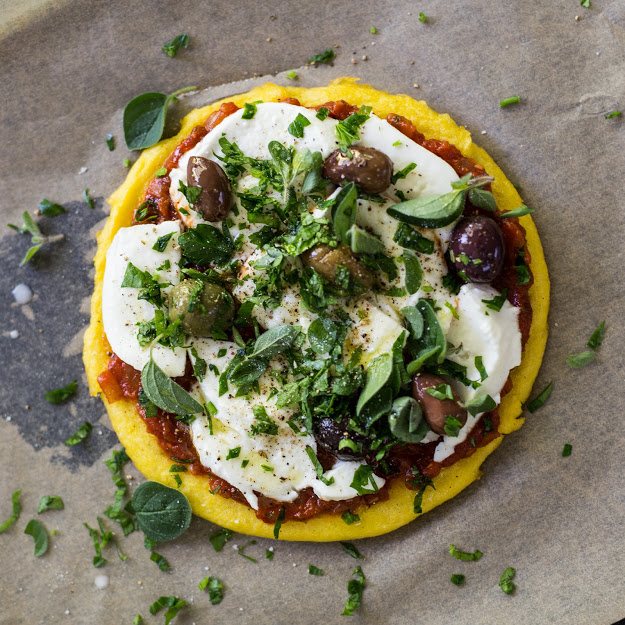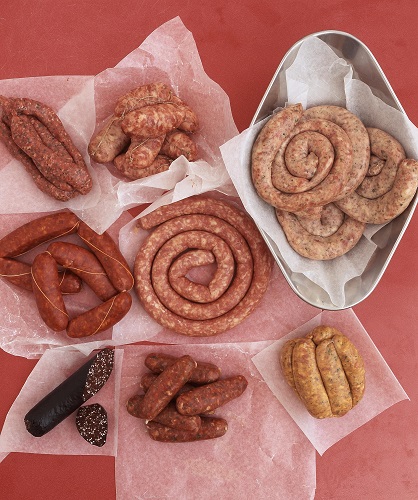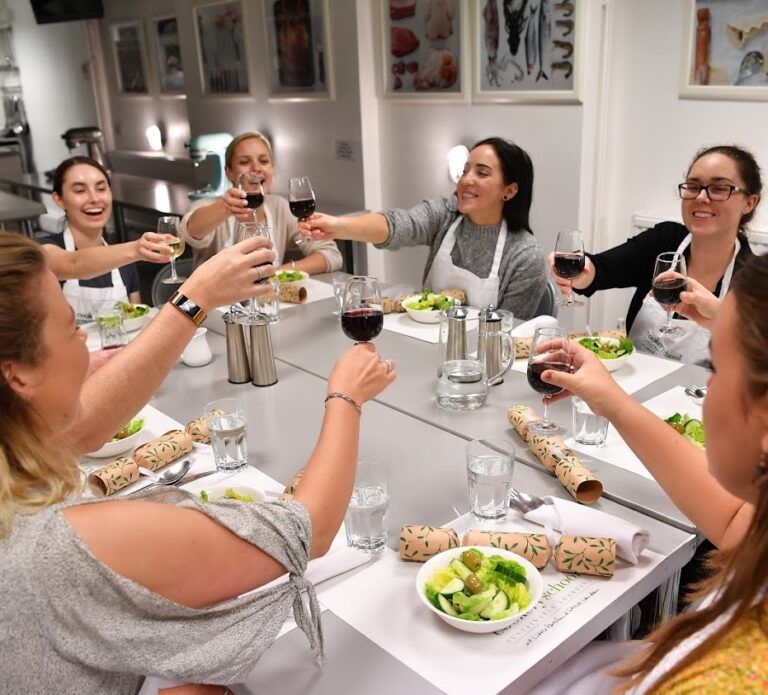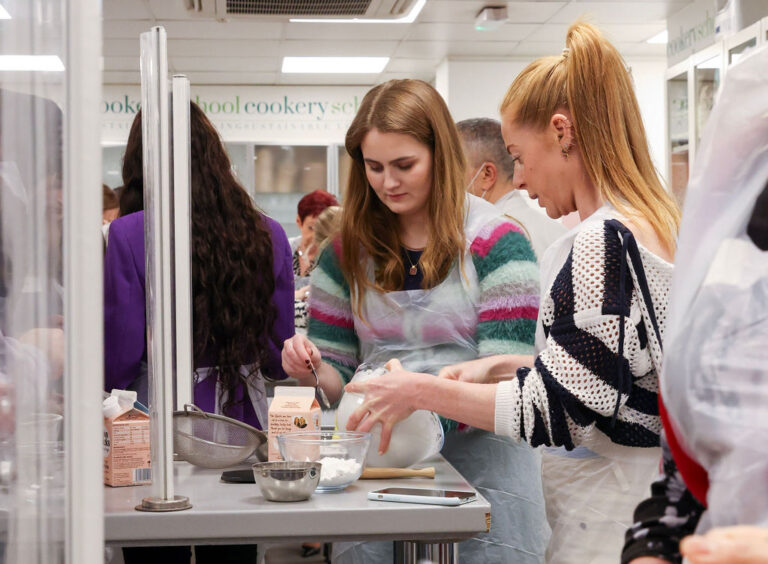World Meat-Free Week: Helping the planet through your plate
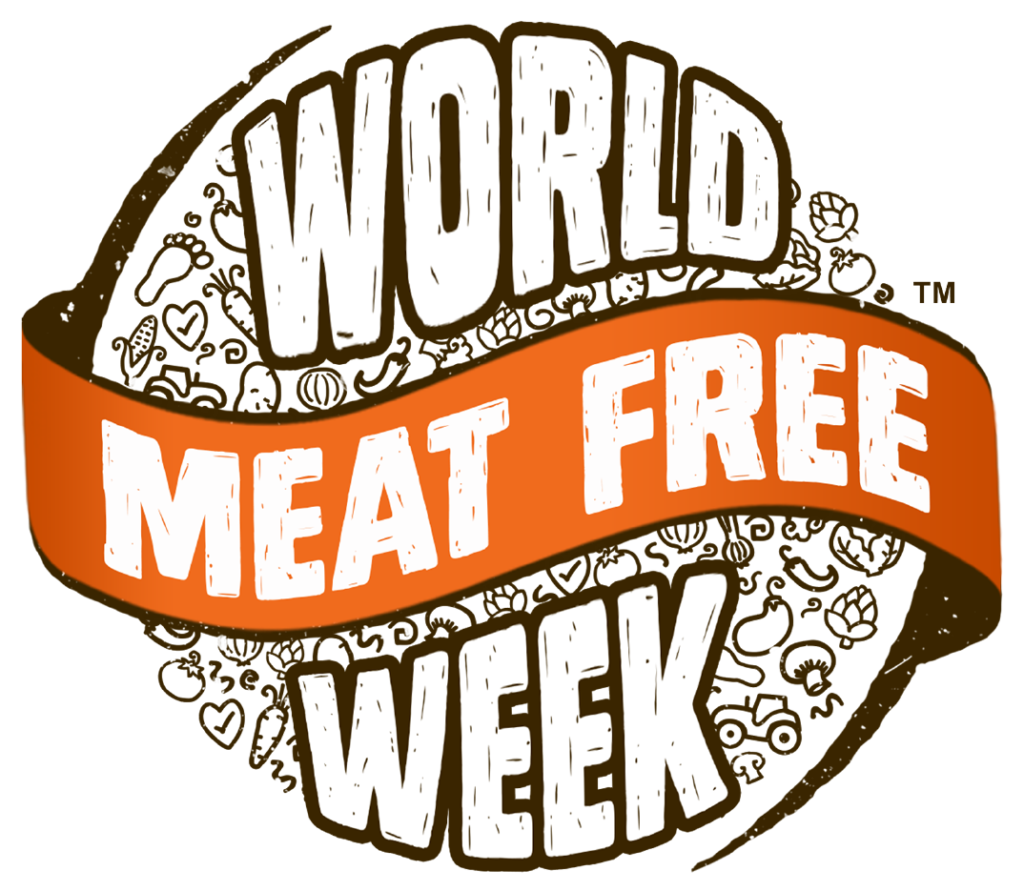
17th-23rd June is World Meat-Free Week, a movement that aims to promote eating more plant-based foods. With experts saying that by 2050, the developed world will need to reduce their meat consumption by 50%, it’s becoming more important than ever for individuals and families to celebrate the humble vegetable. Here at Cookery School, we’re leading from the front, with plenty of vegetarian and vegan classes, as well as menus that aren’t built on meat and poultry. We also serve a smaller portion of meat and more vegetables to our guests, but always offer the option of asking for seconds, so there is less waste.
Why it’s so important*
The statistics speak for themselves – at current levels, meat production is a huge contributor to climate change.
- – Meat production causes over 14% of global greenhouse gas emissions.
- – The livestock sector uses 30% of the earth’s entire land surface.
- – 69% of global fresh water is attributed to the food system.
- – 80% of the deforestation of the Amazon Rainforest is attributed to beef production.
- – A vegetarian diet requires about half the water to produce than a meat-based diet
- – 13kg of CO2 is produced for every 1kg of beef
Starting off small
There are plenty of ways to help the planet through your plate. If you or your family are keen meat eaters, then start slowly by going meat-free one day a week – #MeatFreeMonday is a good place to start! It’s also worth seeing how you can reduce your processed meat intake, replacing ingredients like ham, bacon and sausages with alternatives.
Begin your veggie-focused journey with some easy swaps – replace the mince of a Bolognese with lentils, or substitute the chicken in a stir-fry with mushrooms and additional leafy greens. Swapping out meat for vegetables is also an excuse to get creative in the kitchen, testing out different flavours and combinations. If you’re worried about your protein intake, there’s no need to worry – you’ll get your fill through ingredients like nuts, lentils, chickpeas and beans.
Where you can, try to buy in season – produce is not only fresher, but are usually cheaper, due to higher supply. You could even take the next step and start growing your own. Herbs such as parsley, coriander and mint don’t require large spaces, just a little TLC every now and then.
If you are buying meat, poultry and fish, look for sustainable and organic options, as these are always going to be preferable to farmed.
Looking for inspiration?
We are big fans of vegetarian dishes and love creating delicious combinations using seasonal ingredients. We’ve experimented with the following swaps with great success:
- Chilli con carne becomes chilli con veggie, with beans and lentils
- Slow-roasted cauliflower steaks replace traditional steaks as the centrepiece of a meal
- Portobello mushrooms or veggie patties replace traditional burger patties
- Butternut squash replaces chicken in a korma curry
- Root vegetables in place of beef or chicken in a Sunday pie
Here are just a couple of our favourite recipes. What’s your go-to veggie dish?
—
*Supplied by https://www.worldmeatfreeweek.com/files/downloads/WMFW-Downloadable-Guide.pdf
Category
Ingredients Sustainability
